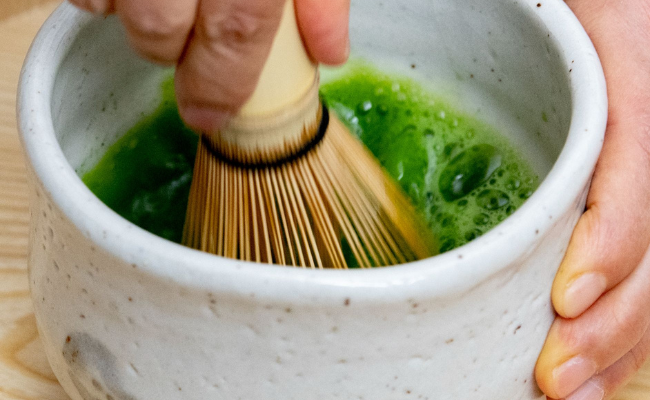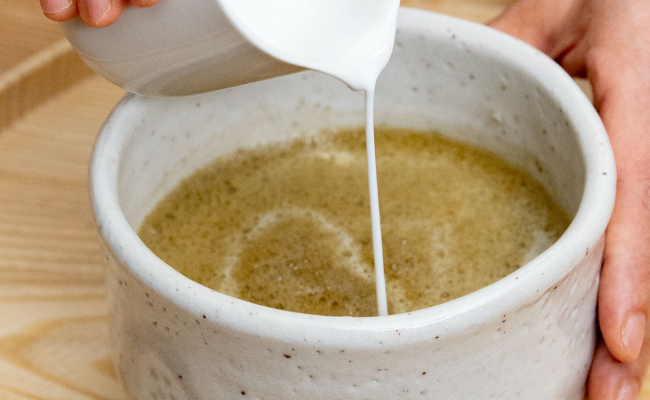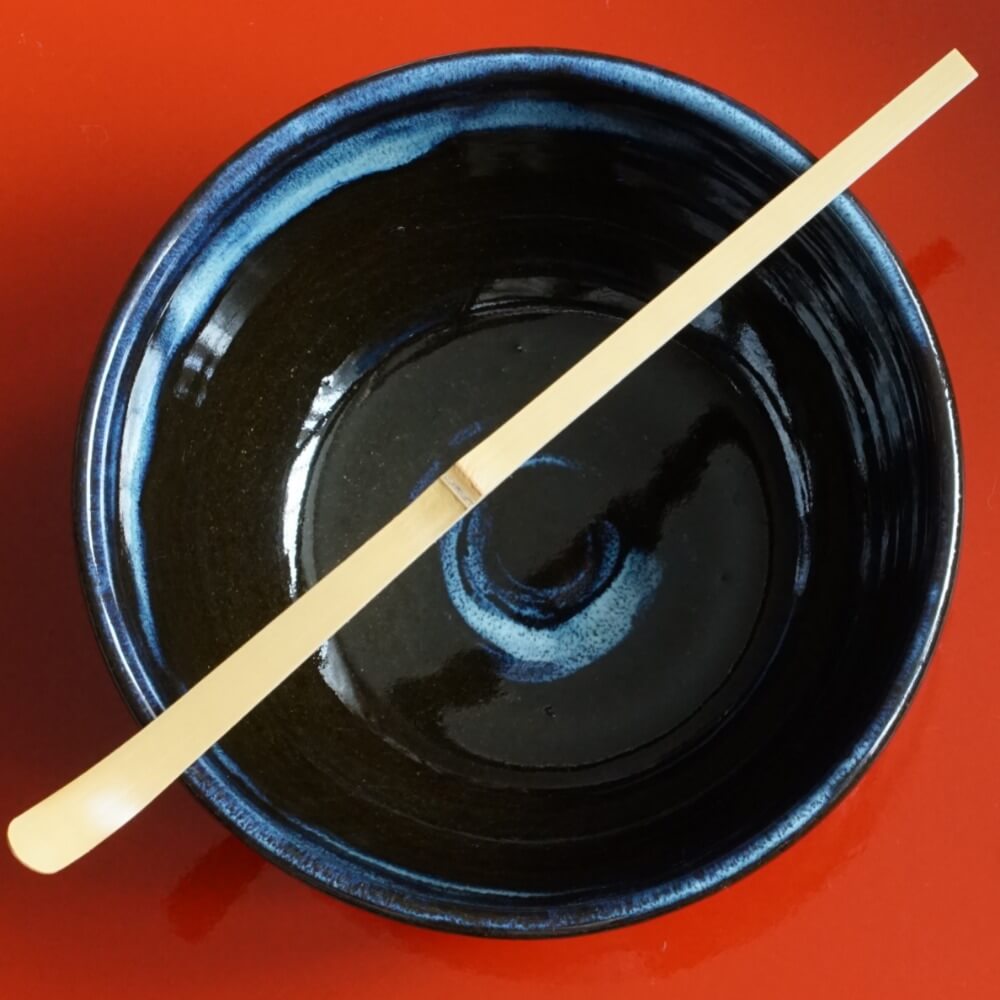In the 40 years leading up to 2017, production of green tea across Japan declined from around 115,000 tons per year down to just 80,000. This represented a worrying trend, especially when set against the fact that global tea production generally increased in the same period. Some tea enthusiasts had begun to recognise that the mindset of the people involved in producing and buying the teas perhaps needed to change. All too often, the best rated teas are valued as much for the shape of the leaves and the colour of the resulting drink as they are for fragrance and taste. The consequence of this way of thinking has been a sense of sameness throughout the domestic industry in Japan, with teas that might taste delicious being left by the wayside in favour of something that just looks better.
With this in mind, back in 2014, some tea producers and enthusiasts set up The New Wave Nihoncha Competition at a new event they called the Tokyo Tea Party. The purpose of the event was to taste and test hundreds of teas from producers all over the nation and come up with a shortlist of favourites, from which a winner would be selected.
Between November 30th and December 2nd, 2018 the fifth consecutive annual Tokyo Tea Party was held in Shibuya and saw over 400 teas whittled down to a shortlist of just 19, in order to find the year’s champion tea producer. The 19 finalists were entered into a blind tasting, with the teas only known to the multitude of tasters by numbers. Hundreds of tasters in session after session sat down and worked their careful way through the shortlist before each selected their single favourite choice of tea.
In the end, the top prize, the Nihoncha Award (also known as the Ministry of Agriculture, Forest and Fisheries Award) went to Asatsuyu, a tamaryokucha from Chayu, a producer hailing from Nagasaki Prefecture in the south-west of Japan. It’s difficult to exaggerate the potential impact of being the top prize winner at this event as past winners have generally seen a significant increase in sales and profile, both at home and around the world. So much so that, in fact, it has been known for the winner to sell out of their stock for that particular year’s crop. Although the Tokyo Tea Party and the Nihoncha Award are both in their relative infancy, it is hoped that through their influence, Japan is now seeing the beginnings of a process that leads domestic tea production back towards expansion and, most importantly of all, connects the consumer with not just more teas that they like, but with a wider variety of teas to make their choices from.






